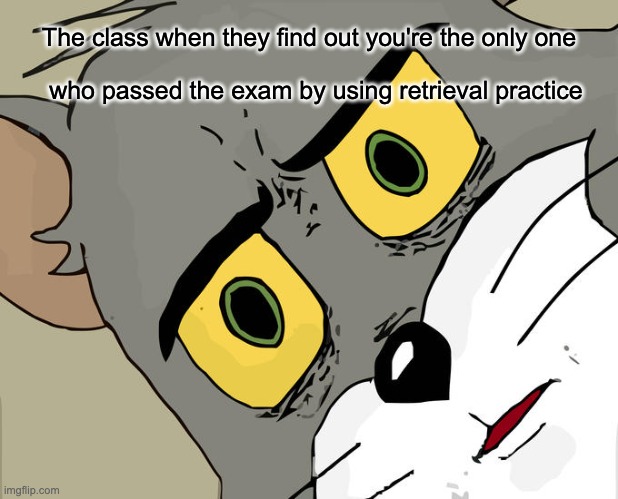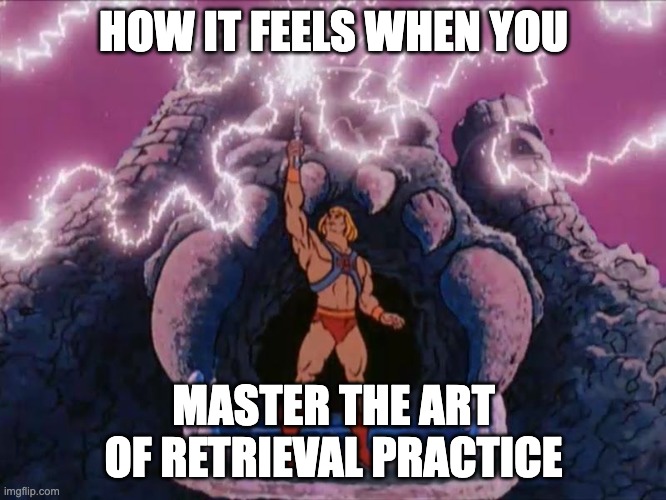By Brody Forsythe
The transformation of becoming a college freshman from a high school senior is a different transition for everyone. Depending on the individual’s experience, goals and interests, it can either be a seamless transition or one with many holes and lots of exposed seams. When it comes to academics, it can be an extremely difficult transition if one is trying to incorporate old study habits that were previously effective in high school. There are numerous students out there that will tell you about their humbling experience with their very first college exam, and I can include myself in that category. I can remember studying for my first chemistry exam thinking about how easy it was going to be to get an “A” on it, and when it came down to taking the test, not a single concept could be retrieved from my mind to help me pass the test. All I could remember was how confident I felt looking over the notes I previously written down, and looking at the practice problems we did in class months prior to the exam and thinking, “Yeah, I’ve got this!”. I was just following my old high school studying procedure and little did I know my whole world about studying was in for a rude awakening.

The important thing to know is that this can all be avoided if you consider what lies within this post to be of crucial information that will unlock your learning and memory potential. The goal here is to prepare you newcomers for the never-ending battle that awaits you in your college career. You can decide to blow past this post and accept the reality that you’ll never fully understand how to beat the system of studying, but if you plan to go into a profession requiring graduate school, medical school or law school which will require you to pass extremely difficult examinations, it would definitely be in your best interest to continue reading until the very end.
What is Retrieval Practice?
I’m sure you’re dying to know how to get your hands on the magic pill that will give you superpowers to retain everything your mind comes across. Unfortunately, there is no pill to that effect, and you’re still going to have to put in the work to yield your desired goals. On a good note, there IS a secret technique that will allow you to easily dip into your memory bank and retrieve the information you need during test time known as retrieval practice. Retrieval practice refers to the increase in the testing effect, which is an enhanced performance on a memory test caused by being tested on the material to be remembered1. In other words, retrieval practice refers to the repetitive testing of material to condition your mind to be able to easily retrieve the information it has been consistently exposed to. This phenomenon is very similar to weight training in the sense that you must consistently expose your muscles to resistance stressors for them to grow. In this case, the muscle you want to grow is your brain, specifically, your memory capacity and the weight is retrieval practice. If you use retrieval practice correctly, you will yield high performance on your exams. Don’t just take my word for it though, there is plenty of data to show the magnitude of the testing effect.
Does Retrieval Practice Really Work?
I know what you might be thinking at this moment, “does retrieval practice actually work?”, and to answer your question, yes there is a lot of data showing the benefits of using retrieval practice as a form of studying. Looking at a 2013 study testing first year medical students conducted by Larsen et al.2, it was concluded that the use of retrieval practice in the form of testing had produced “superior long-term retention and application of knowledge” sixth months after the initial teaching sessions of information. Another study comparing the repetition of studying versus repeated retrieval practice concluded that retrieval practice had enhanced long-term retention of information where repeated study produced no benefit whatsoever3. Looking over and studying things repeatedly isn’t enough to retain the information for later use, the information must be able to be applied in some certain way in order to be retrieved at any given time. Retrieval practice isn’t just superior to restudying information, but it is also superior to other tactics like concept mapping4. This approach to learning is THE way to getting an “A”, and it has been shown repeatedly to work better than its study tactic competitors. Now that you feel more confident in the fidelity of retrieval practices, let’s look at how you can incorporate them into your study habits to help you achieve your academic goals.
Ways to Incorporate Retrieval Practice Into Your Study Habits
At this point, some of you might be thinking, “How come no one has told me about retrieval practices sooner? or “How the heck do I start using retrieval practices?”. Surprisingly enough, you might already be using forms of retrieval practices, and you don’t even know it! By looking at the definition of what a retrieval practice is, all you have to do is create some sort of testing mechanism to help you train your brain for the material being tested upon. These testing mechanisms might include things like flashcards or practice tests. Both mechanisms follow a similar protocol where you are engaged with questions that force your brain to dig inside its memory inventory to retrieve an answer. Eventually, after a certain number of attempts, it will retrieve the right answer. Something that might come as a shocker to you would be that your teachers might be incorporating some sort of retrieval practice on you without you knowing it. Remember all those pop quizzes Mrs. Soandso gave you back in high school? Yeah, those fall under retrieval practice too, my friend! Although quizzes can impact your overall grade, those are the best types of retrieval practices to have because the teacher usually provides feedback when she grades and hands them back to the class. It has been declared that testing with feedback incorporated with it has greater benefits than testing without feedback5. So, if you’re wanting to get the most out of your study time, come up with a practice test for you to complete and have a friend or, even better, a teacher grade your accuracy and provide feedback where you can improve. If you are having trouble creating a testing mechanism for yourself, things like Quizlet and khan academy have programs that will help you create a test. Doing retrieval practices in groups is also very beneficial compared to doing them by yourself6. Testing with flashcards among a group of peers is a fun way to learn information quickly and effectively. After implementing retrieval practices into your study habits, you will become unstoppable at taking exams to where your classmates will come running to you to figure out your secret to acing every single exam.

Conclusion
In conclusion, don’t be the average joe looking over his notes and rereading the textbook to study. Instead, incorporate retrieval practices into your routine and grab those exams by the horns. No longer will you fall victim to being blindsided by the pseudo-confidence of traditional studying techniques. You are now the master of the examinations. YOU HAVE THE POWER!!!

References
- Goldstein, E. B. (2021). Cognitive psychology: Connecting mind, research, and everyday experience. Cengage.
↩︎ - Larsen, D. P., Butler, A. C., & Roediger III, H. L. (2013). Comparative effects of test‐enhanced learning and self‐explanation on long‐term retention. Medical Education, 47(7), 674–682. https://doi.org/10.1111/medu.12141
↩︎ - Karpicke, Jeffery D, & Roediger, H. L. (2008). The Critical Importance of Retrieval for Learning. Science, 319(5865), 966–968.
↩︎ - Karpicke, Jeffrey D., & Blunt, J. R. (2011). Retrieval practice produces more learning than elaborative studying with concept mapping. Science, 331(6018), 772–775. https://doi.org/10.1126/science.1199327
↩︎ - Roediger, H. L., & Butler, A. C. (2011). The critical role of retrieval practice in long-term retention. Trends in Cognitive Sciences, 15(1), 20–27. https://doi.org/10.1016/j.tics.2010.09.003
↩︎ - Cranney, J., Ahn, M., McKinnon, R., Morris, S., & Watts, K. (2009). The testing effect, collaborative learning, and retrieval-induced facilitation in a classroom setting. European Journal of Cognitive Psychology, 21(6), 919–940. https://doi.org/10.1080/09541440802413505
↩︎
Hey Brody! I actually didn’t develop any study habits in high school and tended to “wing it” as they say. I have a really good memory and tend to retain information like a sponge without actually needed to do extra work, in high school, that is. When I got to college, I really was your “average Joe”, as you said, rereading my notes and the textbook instead of actively trying retrieval practices or chunking (from my blog post!). Participating in the retrieval practices in class definitely positively impacted my learning experience and grade in CogPsy so I definitely agree with all the points you hit in this post!